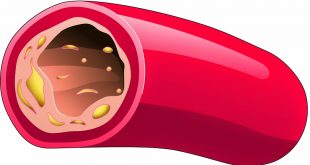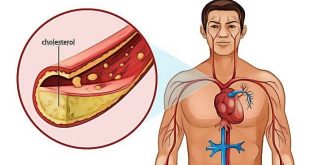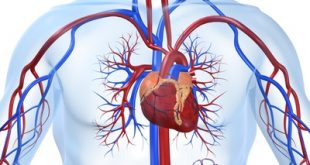Introduction
There are many causes of hypertension. The most common cause is essential hypertension. In other cases, the causes are secondary to disease of other organ such as the kidney. Sometimes, hypertension may be caused by chemical substance, medications or drug usage.
Drugs That May Cause Hypertension
- Alcohol, amphetamines, ecstasy (MDMA and derivatives), and cocaine
- Corticosteroids
- Cyclosporine
- Weight losing pills
- Erythropoietin (for people with end stage renal failure)
- Estrogens (including birth control pills) and other hormones
- Many over-the-counter medications such as cough/cold and asthma medications — particularly when the cough/cold medicine is taken with certain antidepressants like tricyclics
- Migraine medications
- Nasal decongestants
Note: Some of the listed medications are commonly prescribed. Remember to go through the list of medications that you are taking (prescribed by doctor and those that you may have bought over the counter) when you are told to have hypertension. Remember to go through the traditional medications that you may be taking as well.
Other factors that may also affect blood pressure:
- Disease of the kidneys, nervous system, or blood vessels
- Genetic factor
- Foods eaten
- Body weight
- Levels of various hormones in the body
- Body water content
Symptoms
Symptoms of drug-induced hypertension are the same as with any other cause of hypertension. They may include:
- Anxiety
- Chest pain
- Confusion
- Excessive perspiration
- Headache
- Nausea and vomiting
- Tiredness
- TremorsVision changes
Note: Hypertension is usually ‘silent’. You may not have any symptoms.
Treatment
The target is to achieve blood pressure below 140/90 (below 130/80 if you have diabetes or kidney disease). This is to lower the risk of complications. When possible, stop taking the medication(s) that caused your hypertension. If you cannot stop these medications, your doctor may help adjust the treatment. You may be started on anti-hypertensive medications if needed. You will need to have regular blood pressure check to monitor response to treatment. Lifestyle changes may be helpful as well.
Prognosis
Drug-induced hypertension may be reversible if the offending medication can be removed. Otherwise, it is usually controllable with treatment. Hypertension without complications has a very good prognosis long term.
Complications
The possible complications are the same with any cause of hypertension. They include:
- Heart failure
- Heart attack
- Kidney damage
- Stroke
- Blood vessel damage
Prevention
- Take care when taking any medications whether it is prescribed or not prescribed.
- Have regular blood pressure check as your regular medical check-up.
- If you have hypertension, lowering salt intake may be recommended.
References
- Kaplan NM. Systemic hypertension: therapy. In: Libby P, Bonow RO, Mann DL, Zipes DP. Braunwald’s Heart Disease: A Textbook of Cardiovascular Medicine. 8th ed. Philadelphia, Pa: Saunders Elsevier; 2007:chap 41.
- Victor RG, Kaplan NM. Systemic hypertension: mechanisms and diagnosis. In: Libby P, Bonow RO, Mann DL, Zipes DP. Braunwald’s Heart Disease: A Textbook of Cardiovascular Medicine. 8th ed. Philadelphia, Pa: Saunders Elsevier; 2007:chap 40.
| Last Reviewed | : | 2 March 2016 |
| Writer | : | Dr. Cheah Wee Kooi |
| Translator | : | Dr. Cheah Wee Kooi |
| Accreditor | : | Dr. Ainol Shareha Binti Sahar |
 PENDIDIKAN PESAKIT Kementerian Kesihatan Malaysia
PENDIDIKAN PESAKIT Kementerian Kesihatan Malaysia



